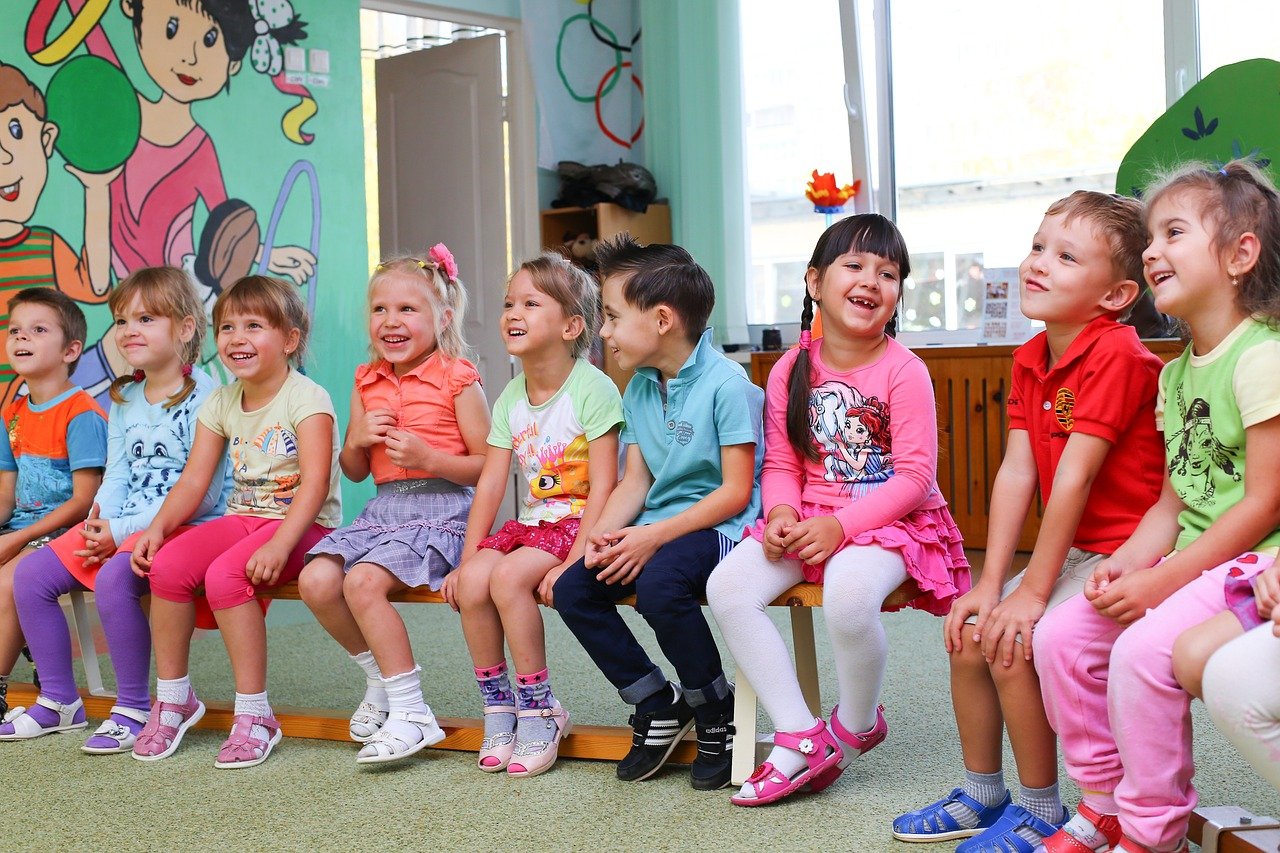Introduction
Kindergarten is often the first step in a child’s educational journey. It is a place where children learn to adapt to a structured environment, interact with peers, and develop foundational skills that shape their future learning. Beyond academics, kindergarten nurtures emotional, social, and cognitive growth, creating a holistic platform for development. This blog explores the multifaceted benefits of kindergarten and why it is an essential stepping stone for children.
The Role of Kindergarten in Early Education
Kindergarten serves as a bridge between home life and formal schooling. For many children, this is their first exposure to a routine outside the family setting. The structured environment introduces them to the concept of time management, schedules, and classroom etiquette. Additionally, the transition helps children overcome separation anxiety, preparing them for the independence required in higher grades.
Early education at this stage emphasizes the basics of literacy and numeracy. Through playful methods, children learn to recognize letters, form words, and count numbers. These activities stimulate cognitive development while keeping the learning process enjoyable and stress-free.
Social and Emotional Growth in Kindergarten
One of the most significant benefits of kindergarten is the development of social skills. Children learn to share, take turns, and collaborate with their peers. These interactions are vital for building empathy and understanding diversity. The ability to work in groups also fosters teamwork, an essential skill for future success.
Emotionally, kindergarten provides a supportive environment where children can express their feelings and navigate new experiences. Teachers often serve as role models, helping children manage emotions, resolve conflicts, and develop resilience.
Creative Exploration and Problem-Solving
Kindergarten encourages creativity through activities like drawing, storytelling, and role play. These exercises allow children to explore their imagination and express themselves freely. At the same time, problem-solving tasks such as puzzles and building blocks help enhance critical thinking and decision-making abilities.
Conclusion
Kindergarten is much more than an introduction to academics; it is a comprehensive learning experience that shapes a child’s personality and abilities. By fostering intellectual, emotional, and social growth, kindergarten lays the foundation for a lifetime of learning and success. Parents should prioritize choosing a kindergarten that aligns with their child’s needs and provides a nurturing environment.



